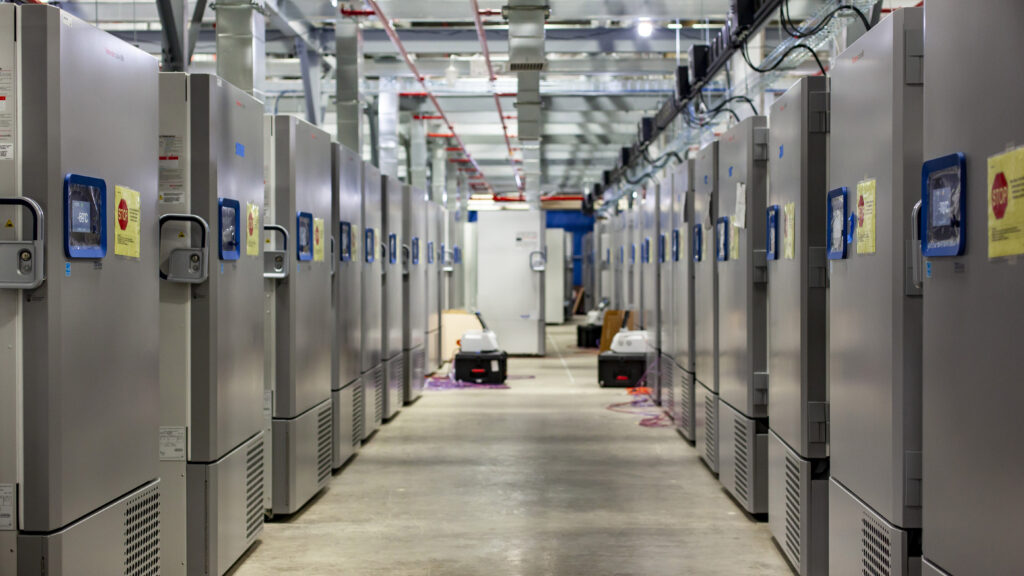If your actual concern is that the drugs are not fully FDA Approved at this point, that is a reasonable concern. Your posts haven't come across as reasonable, they have sounded like someone stating talking points. I think too many that argue against you conflict EUA and "FDA Approved" in order to try to make stronger arguments. If there are obvious fallacies in an argument, it doesn't help lead the person towards that view, it heightens their resistance to that point of view. Works that way for both sides: "Already FDA Approved" or "They are going to require vaccine tattoo barcodes to buy groceries"
I understand that Pfizer has started their application and Moderna is planning to very soon. I also understand that there has been some pressure for the FDA to be expeditious about the process. (Not the data or information, just the bureaucratic process) It is quite possible the Pfizer will be fully approved within a few months and Moderna not far behind that. There isn't any data that is hidden in private studies at this point. Almost half of the US population has received at least one dose of the vaccines, so any large groups of bad reactions would be public information already. At this point, it is more like a formality. However, early on I had stated that there were people who were concerned about the speed at which the vaccines went through the process and I do understand people being concerned about it.
I do think that this whole ordeal about the vaccines has further exposed the FDA approval process. Drugs and medical equipment routinely are approved in Europe months or years before being approved in the US. I seem to recall that when Pfizer first applied for Emergency Use Authorization, the panelists were sent the information. They were able to review the information, but procedure dictated a two or three or four week delay before meeting to vote. That is for an emergency. I am not an expert, but as I understand it studies for medical equipment and drugs can take six to eight months. Then the company submits an application. After the application submittal, there is an extended bureaucratic process of reviews, questions, answers or resubmittals, more reviews, meetings, more reviews, more meetings after which it will finally be sent forward for approval at a meeting sometime in the not to near future. That process can take from several months to years. I understand being careful. I understand having a process. In the case of the Pfizer Covid-19 vaccine, I seriously doubt that any person who voted had not kept track of the progress of the development. It is extremely likely that all they needed was the data from the study in order to decide how to vote. In fact, I believe I remember reports of people on the panel who stated how they were going to vote within hours of receiving the data. Why was a weeks long delay before being able to schedule the meeting necessary? Why is it that when new insulin pumps are developed, there is a six month to one year delay AFTER all of the data is submitted before they are approved? Why is it that when a good cancer drug is developed patients from the US travel to Europe or Mexico to get it AFTER the studies are completed and the information is made available to the FDA? It all seems like a huge bureaucratic mess to me, especially in the instance of cancer drugs. The patient might be harmed by the drug, but the patient might also be dead before the drug works it's way through the application process.



